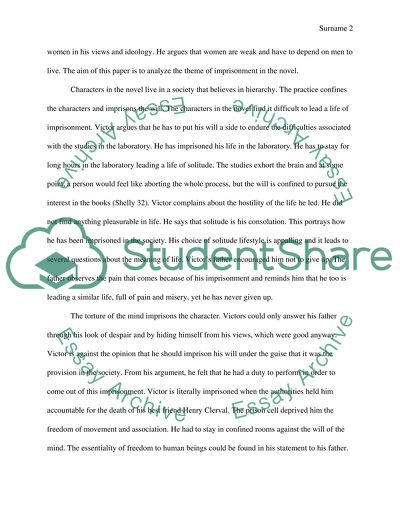Cite this document
(“Frankenstein and Heart of Darkness Essay Example | Topics and Well Written Essays - 1250 words”, n.d.)
Frankenstein and Heart of Darkness Essay Example | Topics and Well Written Essays - 1250 words. Retrieved from https://studentshare.org/literature/1435159-about-frankenstein-or-heart-of-darkness
Frankenstein and Heart of Darkness Essay Example | Topics and Well Written Essays - 1250 words. Retrieved from https://studentshare.org/literature/1435159-about-frankenstein-or-heart-of-darkness
(Frankenstein and Heart of Darkness Essay Example | Topics and Well Written Essays - 1250 Words)
Frankenstein and Heart of Darkness Essay Example | Topics and Well Written Essays - 1250 Words. https://studentshare.org/literature/1435159-about-frankenstein-or-heart-of-darkness.
Frankenstein and Heart of Darkness Essay Example | Topics and Well Written Essays - 1250 Words. https://studentshare.org/literature/1435159-about-frankenstein-or-heart-of-darkness.
“Frankenstein and Heart of Darkness Essay Example | Topics and Well Written Essays - 1250 Words”, n.d. https://studentshare.org/literature/1435159-about-frankenstein-or-heart-of-darkness.


